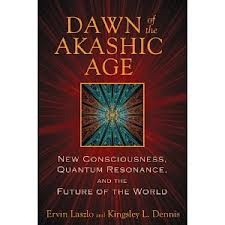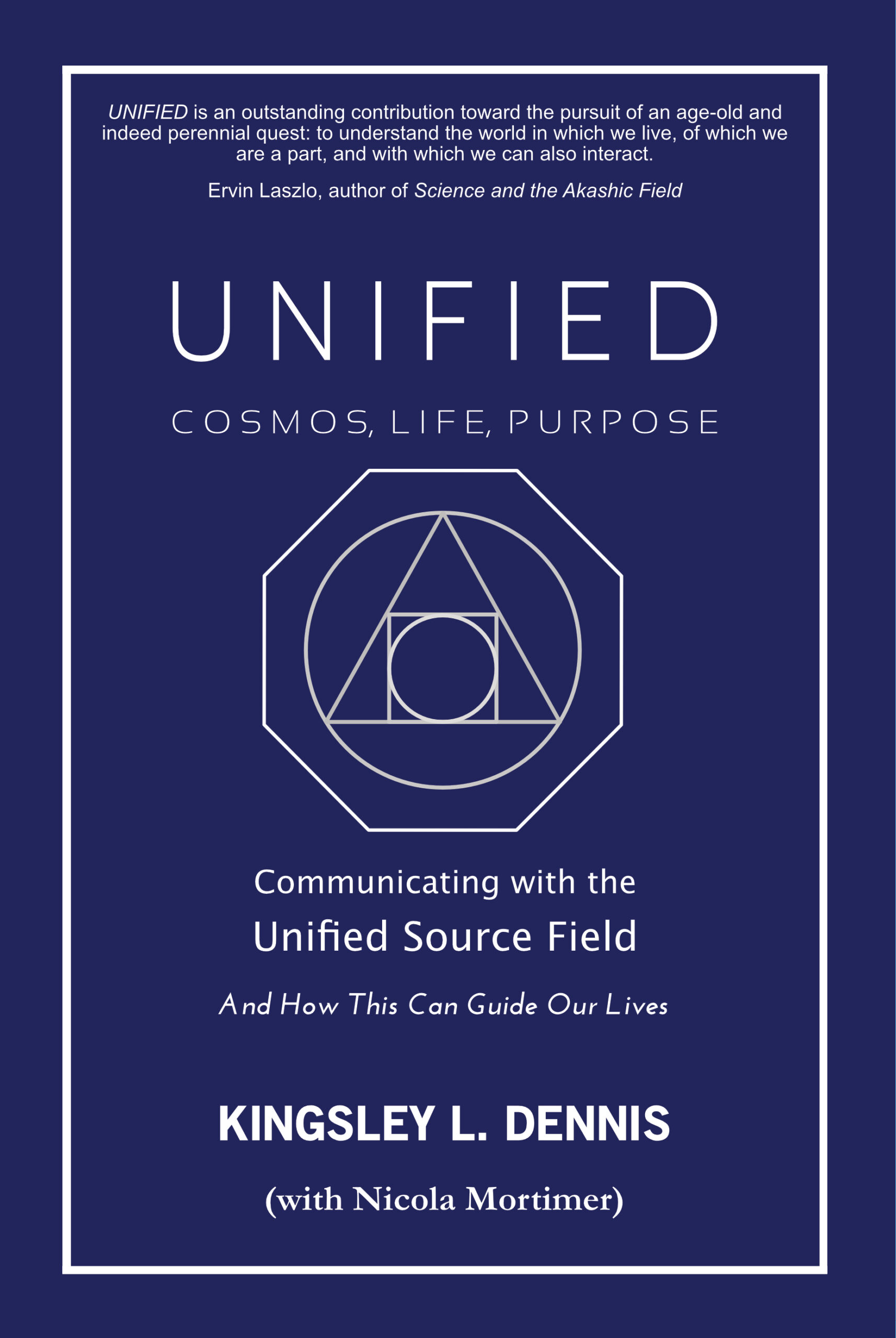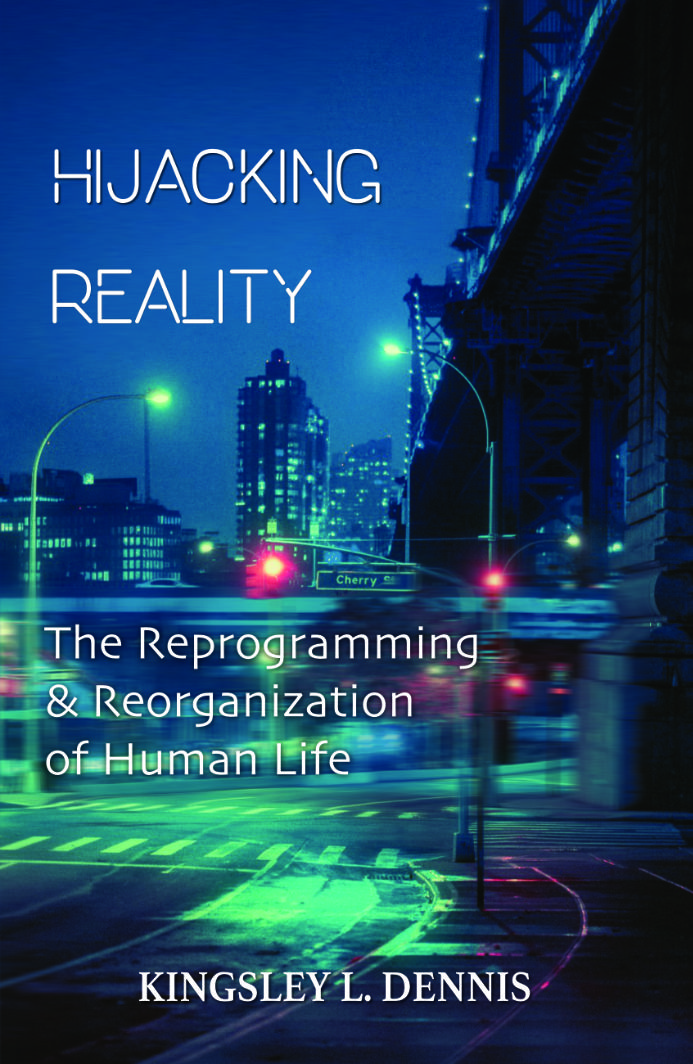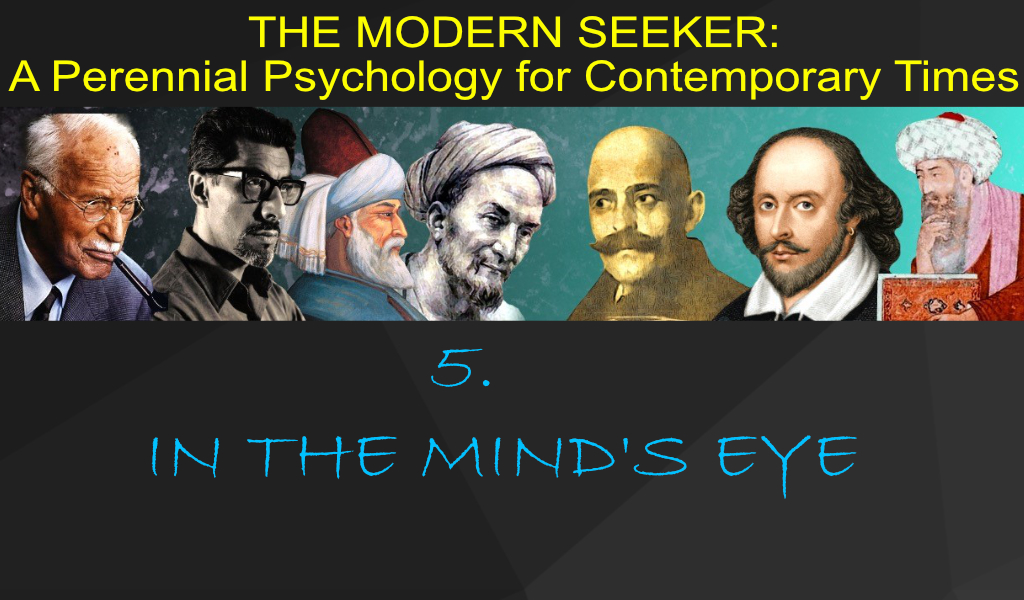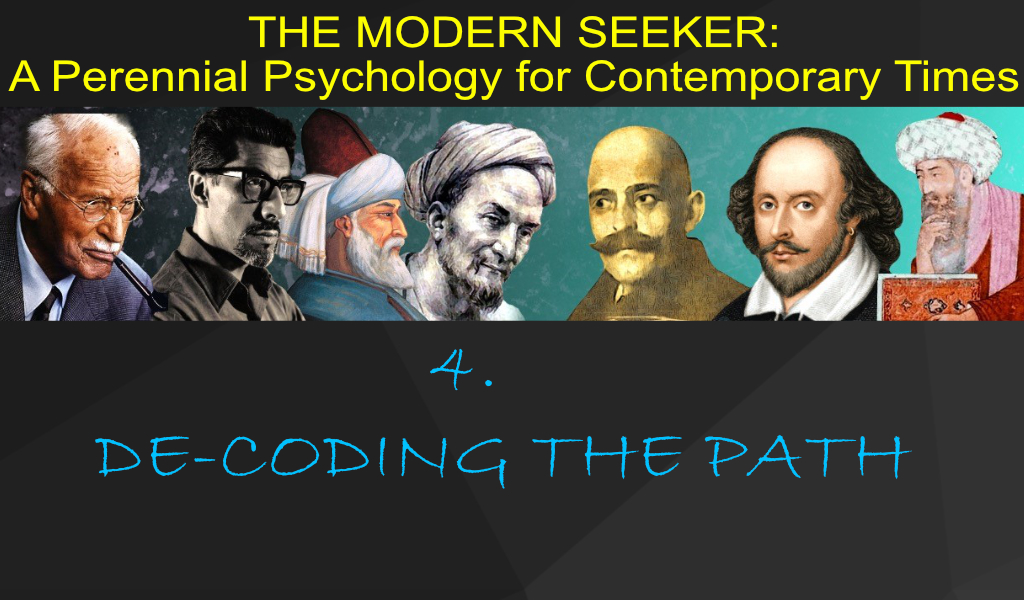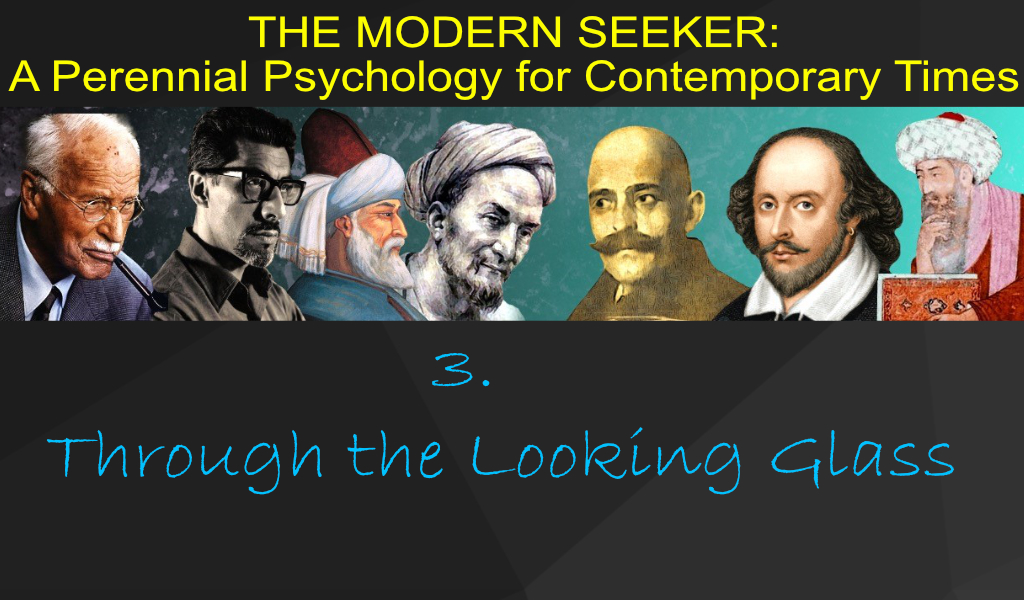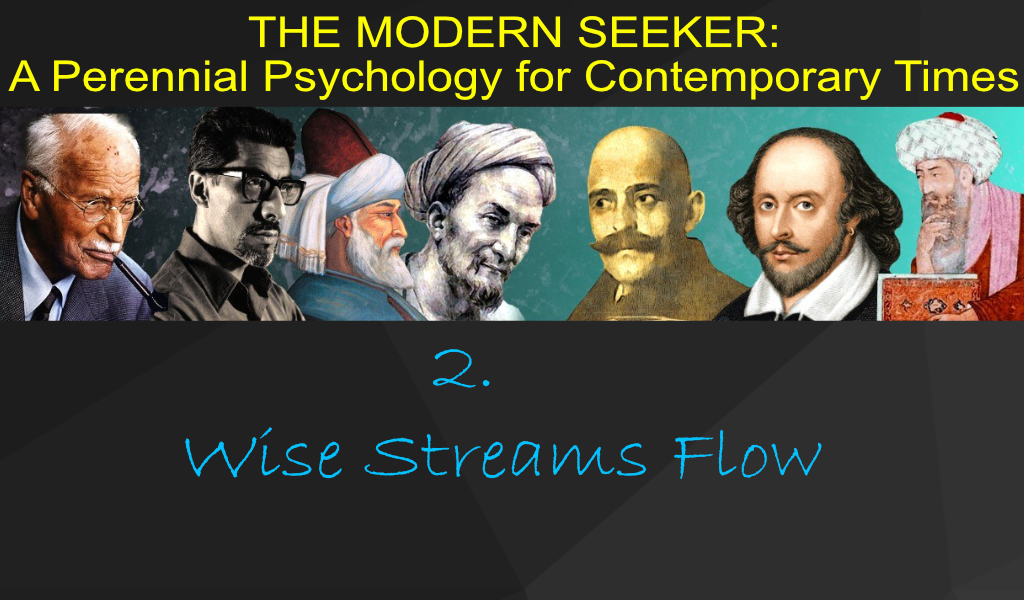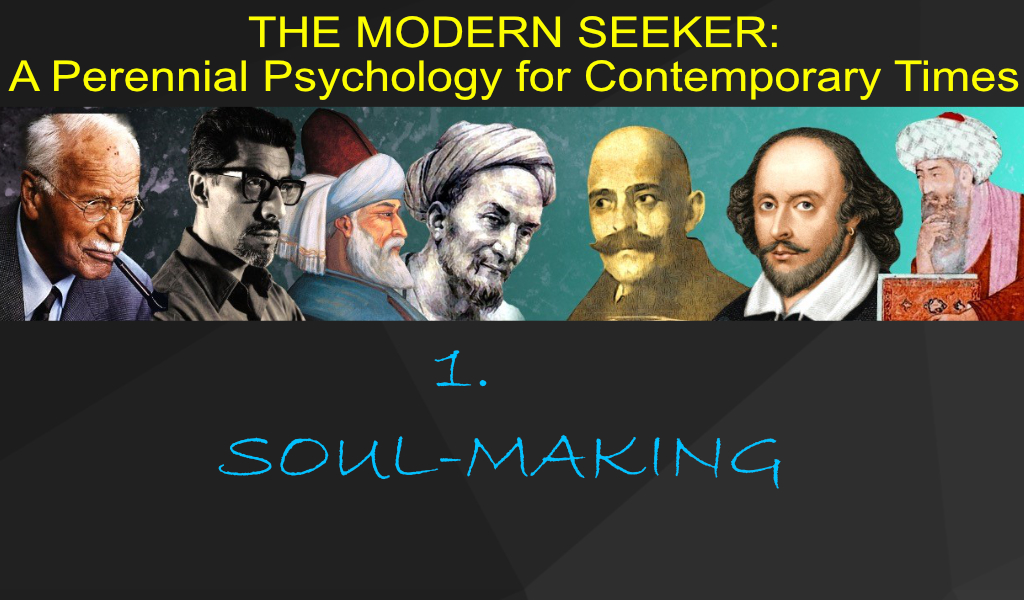Ritual is important, yet often it is least beneficial to those people who are ritualistically-minded and inclined to habit. The word ‘tradition’ is now applied to many socially embedded religious and ‘spiritual’ practices that have become engrained within our cultures. Yet in many instances it is possible to replace the notion of ‘tradition’ with ‘repetition’. Certain beliefs and practices are passed on through the generations without modification or adaptation to circumstances such as the current time and place of operation. This is little more than repetition of a fixed formula that whilst was functioning in its time, is often now without its inner kinetic energy. It can be said to be like the shell of an oyster that has long been bereft of its pearl.
An example of this can be seen in this interchange between a genuine spiritual teacher who went to an Asiatic country to address the issue of repetition. The visitor explained to the incumbent sheik that the practices he was advocating belonged to a time in the past and were limited for a specific, targeted audience. Since such conditions no longer existed, what remained was merely an outer core – a spectacle. The old Sheikh, who was the head of the order, replied that ‘in a world where there is no light at all, even a false gleam is perhaps something to have’, and that ‘I have been here so long, and so have my ancestors, that we cannot change.’ The old sheikh continued with his refusal by further adding that ‘we may well be wanted, and believed to be the possessors of secrets…we are here, after seven hundred years, not because of our value or viciousness, but because people want us. They want magic…many can follow a harmless path and feel better, elevated. That, in any case, is what they imagine spirituality to be.’*
However, imagining what ‘spirituality to be’ is like, is similar to imagining that the air we breathe is one substance. Yet this is not so, for if we have knowledge of the correct composition of a substance we find that it is composed of many elements in specific alignment and concentration. To focus on only a part of the substance and to gain nutrition from this, such as from ritual or selected practices only, is not only inefficient yet potentially harmful. Using this analogy for the air we breath, we know from science that air is composed of 21% oxygen, 78% nitrogen, and 1% of other gases including argon and carbon dioxide. Yet if a person decided to select the nitrogen component only, and to concentrate their ‘ritual’ breathing on this part alone they would not find themselves breathing at all after very long.
Spiritual practices in the modern world are rife with repetition; mainly because repetition reinforces mental, emotional, and physical conditioning and patterns of behaviour. Further, repetition in such ‘spiritual practices’ often involve the carrying on of selected elements; that is, those elements which it has been decided upon will be most useful to pass on and highlight. In such cases we need to ask – on whose authority? If one has a headache we may take an aspirin, yet to repeat this a hundred times will have a different effect than making the headache go away…we may lose much more!
Repetition in the science of inner transformation can be damaging if it is not in correct proportion to the whole. Yet each of us has a capacity to recognize that which is genuine; only that often it is clouded beneath an array of acquired traits such as laziness, greed, etc. One way to cut through this is to be sincere with oneself – to ask oneself directly if what you are doing is truly providing the nourishment and development required. If there is a need for self-justification we might ask ourselves why?
Just as in recent years the credit bubble placed many people into a false sense of security by offering the possibility to obtain untold goodies, so too does the promise of repetitious and ritualistic forms of spirituality. Many were duped into ‘repetitious consumerism’ because of the offering of cheap credit (‘false gold’). Likewise, many people are also attracted to the window-displays of attractive practices of inner transformation. Quotations and phrases are consumed and put on display; deeds are admired and miracles invoked. Even the extremes are commercialized: ritual suffering; automatic obedience; reward and punishment, etc. Yet all are low-level emotional stimulus. As one contemporary teacher commented: ‘The would-be learner, instead of realizing that there is an objective, becomes a bemused consumer of wonders and stimuli’. Such offerings may be ‘consumable’, yet are they part of a disciplined science that forms a unified, complete teaching of aligned development in recognition of specific contexts? As the saying goes – ‘False gold exists only because real gold exists’.
The inner evolutionary imperative is not a shopping list, or the random acquisition of abilities, nor the gaining of emotional satisfaction. It is a genuine inner need that, if acted upon sincerely and with genuine intention, can be of immense benefit to the individual and to the planet.
‘Falsely spiritual people are easily seen through, because they think, like materialists, in transactionalist terms. They want to get something in exchange for something else’ – I.S.
* John Grant, ‘Travels in the Unknown East’, Octagon Press, 1992


